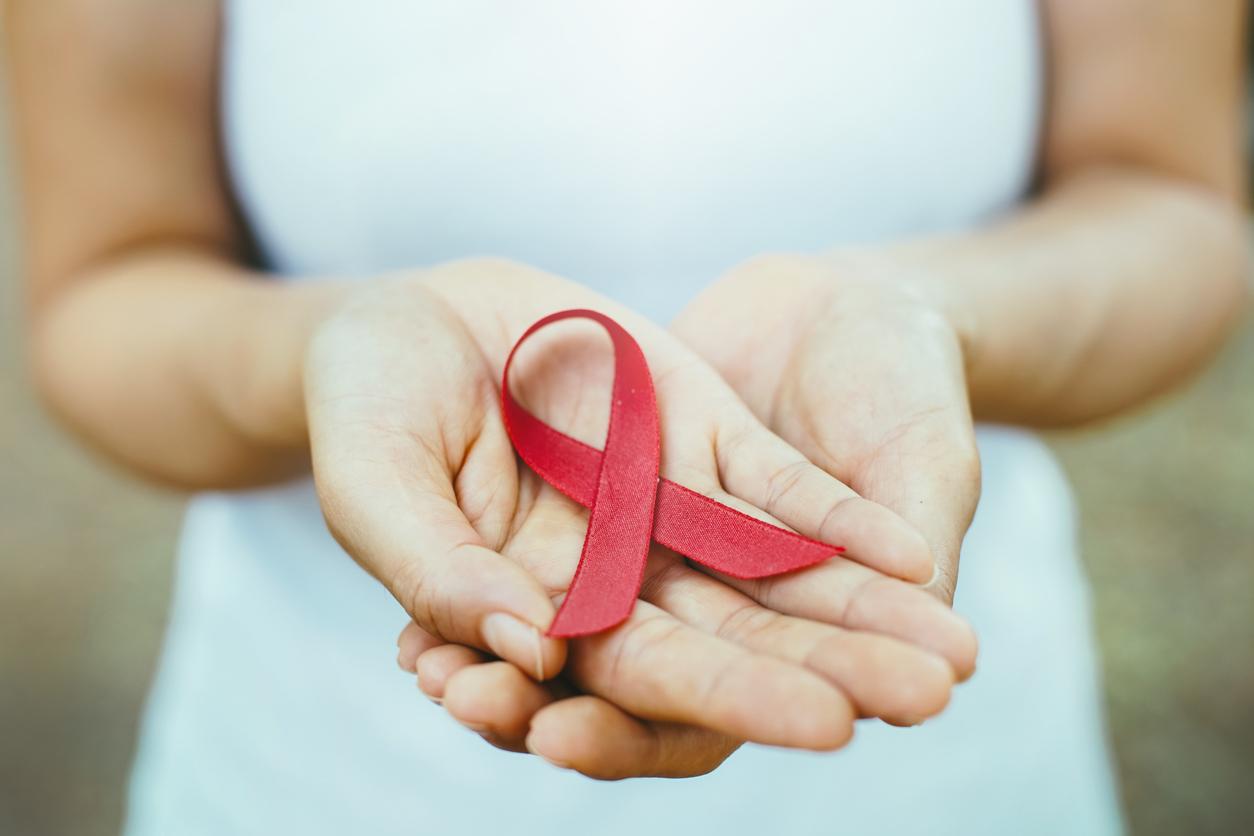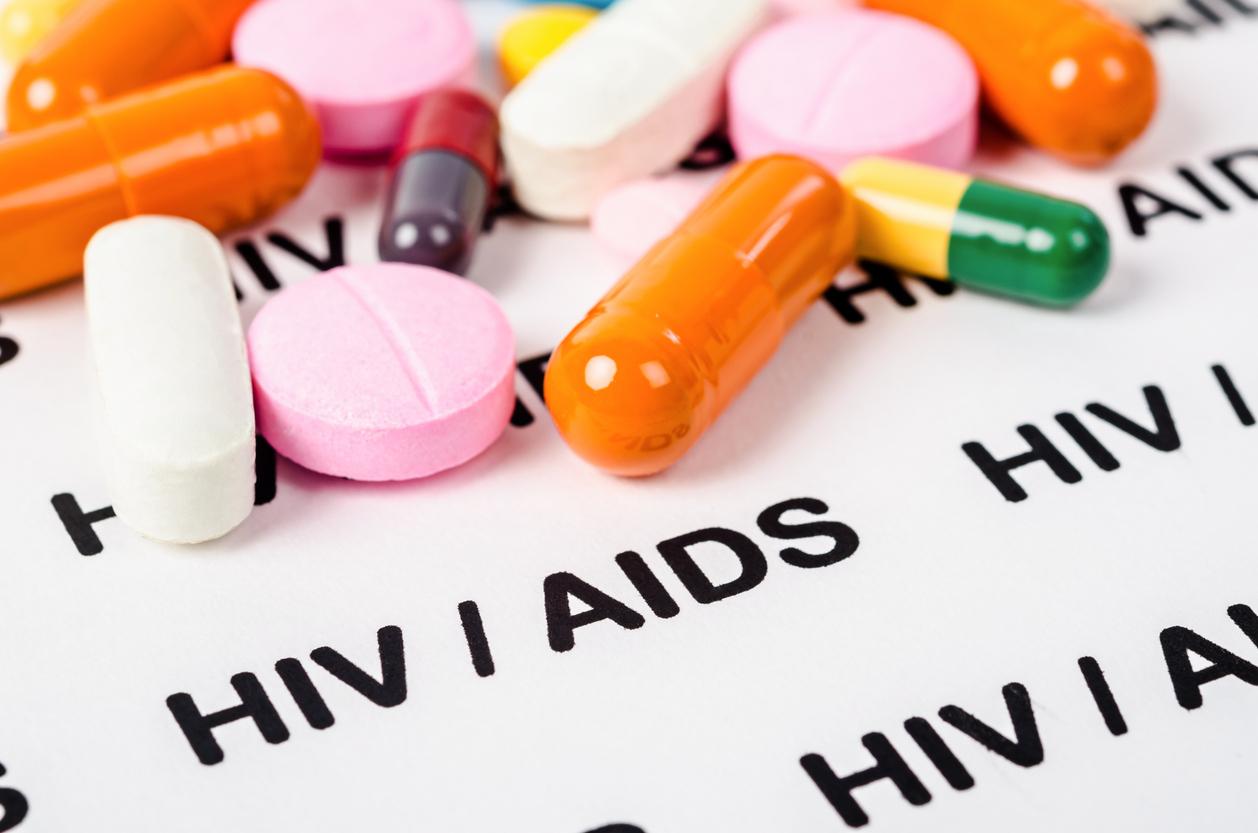“I don’t believe, in all fairness, that there is an area of medicine that has undergone a revolutionary evolution in our lifetime like HIV has.” Dr Julio Montaner, director of the Center for Excellence in HIV / AIDS in British Columbia, Canada, is the author of this sentence. With his team, he followed a cohort of thousands of North American patients. Their conclusions, published by the scientific journal PLOS One are rather positive: the life expectancy of an HIV-positive person is increasingly closer to that of the general population.
With the discovery and improvement of antiretroviral drugs, a young man diagnosed with the disease at age 20 can expect to live to be 70. In 2000, he could only hope to live to 56 years. But some difficulties regarding living conditions remain intact. The HIV-positive person must already be able to access treatment and be able to afford them financially in order to enjoy the same life expectancy as those around him.
Among other things, patients can develop health problems related to old age faster than those who are not infected, says the Canadian site La Presse.ca. “Heart problems, cancers and the onset of dementia that are normally expected in their late 60s, over 70, and even after 80 in people without the infection, can appear in their 50s in people with it. HIV, “the newspaper said.
Significant difficulties for the 150,000 people living in France with HIV, according to 2009 figures from the National Institute of Health and medical research.


















